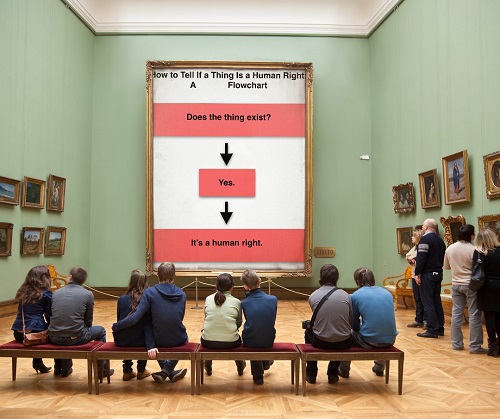I have written extensively about ObamaCare, its legislative construction, finances. All it’s good and bad. But we have to resolve its root question, without it we’ll always be stumbling around, looking for the light switch in a dark room.
Lets start with an alternative evaluation of the British health offering and its apparatus.
A survey was done by the Commonwealth Fund that compared the health-care systems of 14 advanced countries. On the 20 measures of comparison, Britain’s National Health Service (NHS) performed well in 13, indifferently in two, and badly in five.
If popular satisfaction is the aim of a health-care system NHS did great. The British were the most satisfied with their health care of all the populations surveyed.
But, on several measures of actual achievement, rather than subjective assessment, the NHS came out the worst.
Worst for five-year survival rates in cervical, breast, and colon cancer
Worst for 30-day mortality rates after admission to a hospital for either hemorrhagic or ischemic stroke
How is it that the population most confident that it will receive treatment of the highest possible standard, featuring the latest medical advances, actually has the worst survival rates in precisely those diseases that require the most up-to-date treatments?
Survival rates are not immediately visible to casual inspection
In a quick and incomplete diagnostic comp between ‘theirs’ and ‘ours’, the American rate of prescriptions consumption is twice the British rate. And, the NHS has been inexpensive because it rationed care by means of long waiting lists and neglecting to spend money on new hospitals and equipment.
Equality in health is not necessarily desirable in itself. Suppose that the infant-mortality rate in the highest social class is three per 1,000 live births, while that in the lowest is six per 1,000 (approximately the case in Britain today). Then suppose that we could reduce the rate by one death per 1,000 births in each social class, yielding two per 1,000 in the highest class and five per 1,000 in the lowest. A cause for rejoicing, certainly—but not from the point of view of equality, for the ratio of deaths in the lowest class to deaths in the highest class would widen from 6:3 to 5:2—that is, from 2.0 to 2.5. Second, the increased inequality of British health is necessarily attributable to the NHS only if the health-care system is the only, or overwhelmingly the most important, determinant of a population’s health—and it is not. For example, it has been estimated that half of the variance in life expectancy between the highest and lowest social classes in England and Wales is attributable to the difference in their rates of smoking.
Can the rebranding of healthcare as human right cause a personal liability corrosion and contribute to a societal deterioration? I think so:
It spreads the notion of entitlement, a powerful solvent of human solidarity. Moreover, the entitlement mentality has a tendency to spread over the whole of human life, creating a substantial number of disgruntled ingrates.
Who, What, When, Where and Why
The Obama administration discovered that health insurance is a human right. A few years later, the United Nations declared the Internet a human right. This election cycle, Bernie Sanders discovered free higher education is a human right.(But what of those things that same horde of people don’t ‘want’ to exist. For example, consider a right to self-defense and religious liberty)
Architectural problems.
No government can forever resist the temptation to exercise its latent powers. And, governments rarely get things right, since they have little incentive to do so, By their very involvement and over bureaucratizing, regulating, adding new burdens to every link in the medical chain, they doom it.
ObamaCare, not surprisingly has a huge pool of adverse selection, high utilizers. It has a very small pool of low utilizers. People know more about their health than insurers do, so they only buy policies that are profitable for them on an expected basis.
ObamaCare dictates no medical underwriting, this means the healthy and the sick pay the same up-front premiums. In order to give private insurers some small mechanism to mitigate risk, Obamacare allows them to offer different tiers of health plans.
They try to sell policies for more than they cost. Sick people cost more than healthy people, but now insurers aren’t allowed to price discriminate on the front end. Instead, they offer plans with loads of cost sharing, high deductibles, high out-of-pocket maximums, and high levels of coinsurance.
Cost sharing has two purposes.
Deter people from actually using health care. This is the reality of “consumer-driven health care”
To make the sick pay more than the healthy
Insurance companies aren’t allowed to compete by trying to attract lower-risk customers. The only way they are allowed to compete is by paying less to health care providers for the same services. The market efficiencies, with minor tweaks, worked sufficiently well. We already know how to lower payments to providers, be a big insurance plan, covering many people so you have:
The law of large numbers to rely using the most precise actuarial tables
The bargaining power to negotiate rates with hospitals and physician offices
There’s little “innovation” to stimulate, it’s pure market power. No one has more of it than Medicare and nothing can have as much market power as a single payer plan.
The End?
08Mar
Is healthcare a human right? Let’s talk amongst ourselves

